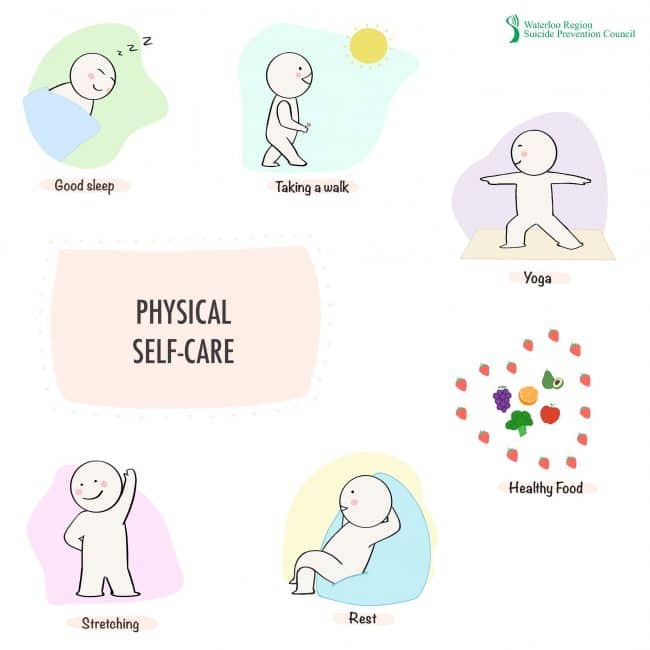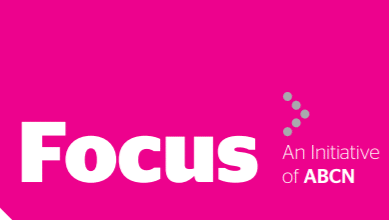As we reach the middle of Term 3 many students may begin to feel fatigue setting in. During this time of year, it is not uncommon for motivation, performance and school attendance to slip. Students can feel more exhausted, irritable, less inspired and creative in their school work than usual.
Students can avoid becoming fatigued, stressed and burnt-out or overwhelmed by assessing their own wellness and proactively seeking means to reduce fatigue, stress and burn-out.
Fatigue, stress and burn-out symptoms are manifested in much more than just tiredness and feeling like a student can not attend another class. In particular, burn-out can cause real, psychosomatic problems such as headaches, insomnia and depression, which is why it is
It’s important to take the time for self-care, to care for our emotional, mental, physical and social wellbeing.
Forms of self-care
- Physical self-care
Getting regular check-ups, eating a healthy and a varied diet of home-prepared meals, getting regular exercise at least three times a week, stay hydrated, and sleeping 7-9 hours per night are all important ways to combat physical stress on the body and ward off illness. Studies have shown that time spend in nature can reduce stress levels so spend some free time in some greenery!

- Mental and emotional self-care
Recognizing and regulating our emotions, allowing time for breaks, prioritizing our energy, maintaining a school/life balance and setting boundaries for ourselves are all vital to maintaining a healthy mental state — thus bolstering our resilience to stressors. Do the things you love to do throughout the week, not just on weekends.
Caught up in the busyness of life, often we forget what we are thankful for and instead focus on the negative stuff that happens such as struggling with school work or receiving a bad grade. Focusing on the negativity can completely ruin our mood and state of mind and in turn can make us lack motivation and drive to continue to do our work.
A helpful way to combat this feeling is creating a gratitude journal to remember all that we are thankful for and our successes. For example, when we do well on a project, learn a hard topic, or even help out a friend. Also, things we are grateful for that are unrelated to school like our family and friends.
- Social self-care
Relationships matter and taking the time to nurture loving and supportive relationships, making time for social activities and staying in touch with friends, family, and our communities can provide important grounding moments and provide the energy we need to thrive emotionally and academically.
- Academic self-care
Self-doubt can be one of the strongest means of school learning self-sabotage. Maintaining a growth mindset, accepting mistakes as part of the learning process, finding value in learning new things, and setting (and celebrating the accomplishment of) both short- and long-term learning goals can help banish these obstacles.
Develop positive relationships with teachers and classmates so it does not feel like a chore going to the classroom.
Seek Help:
If a student is feeling fatigued, stressed or burnt-out, emotions bottle up and the angst to dismiss our responsibilities grows.
It means it is time to make positive changes.
We need to learn to manage our stress levels and make big changes to reverse fatigue and stress.
If feeling stressed, don’t avoid school, the classroom and/or school work. Reach out to your teacher and the Wellbeing Hub for support and guidance. Talking with a trusted adult allows us to release the emotions and express how we feel. Together we can then find a solution for the overwhelming feelings we may have.
Talking to others should never be something to be afraid of, but rather a solution to help relieve the feelings that being fatigued, stressed or burnt-out brings.
Websites:


